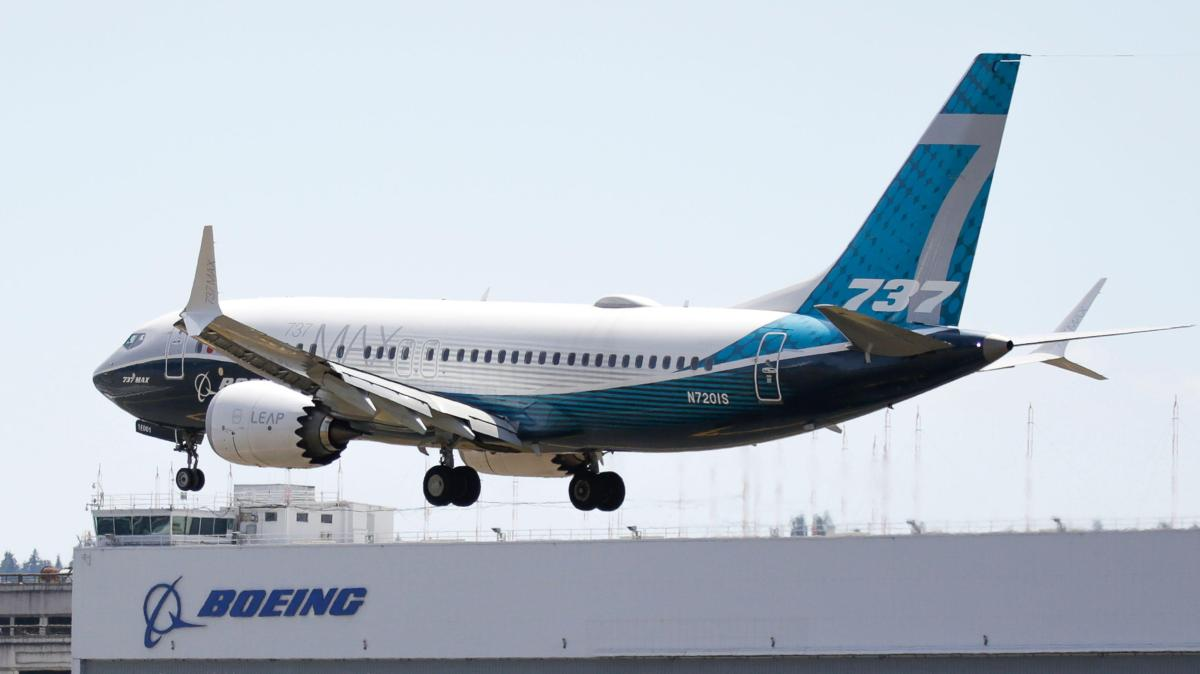The Federal Aviation Administration (FAA) has issued a safety alert to airlines concerning the potential for limited or jammed rudder movement on specific Boeing 737 aircraft. This action follows urgent safety recommendations from the National Transportation Safety Board (NTSB), which prompted the FAA to investigate and convene a corrective action review board.
The NTSB’s recommendations stem from their investigation into a February incident involving a United Airlines Boeing 737 MAX 8, where the rudder pedals became stuck in the neutral position during landing. Fortunately, no injuries were reported among the 161 passengers and crew aboard the flight. The NTSB also raised concerns about rudder control components installed on other 737 and 737 Next Generation planes, which could pose similar risks.
In response, the FAA has directed airline operators and pilots to review Boeing’s procedure for handling jammed rudders. The alert highlights an automated system check that can detect limited or jammed rudder movement before landing. The FAA also cautioned that moisture accumulation in the rudder system could freeze, potentially causing in-flight restrictions.
However, the FAA does not currently plan to mandate the replacement of parts that might stick. Instead, it will collect additional data to guide its investigation. The NTSB has noted that 271 affected rudder components may be installed on planes operated by at least 40 foreign carriers and 16 U.S.-registered aircraft. An additional 75 components may have been used in aftermarket installations.
Boeing informed operators of this potential rudder issue in August through a Multi Operator Message and has been working with regulators to address the problem. The company has reminded airlines of the proper protocols for flight crews encountering rudder restrictions.
The FAA revealed that a similar rudder pedal restriction incident occurred in March on an Aeromexico Boeing 737 MAX, with the crew noticing a sound and sensation in the flight deck. The NTSB has criticized Boeing for not informing United Airlines that its 737s were equipped with rudder actuators connected to the control system and expressed concerns that other carriers might be unaware of these components.












